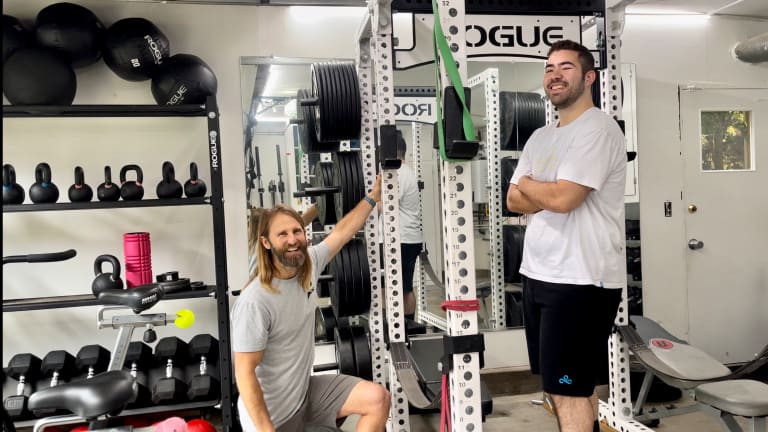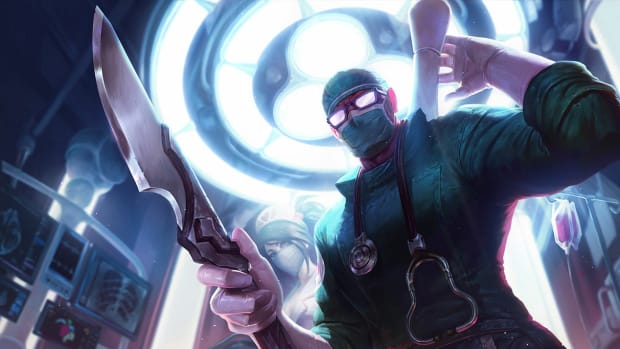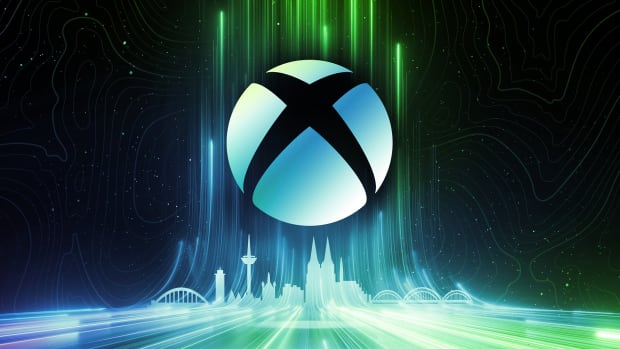
How Gaming Actually Benefits Your Eyes

As gamers, we've all heard that playing video games "melts your brain," and that "it ruins your eyes," plus a host of other ridiculous catchphrases that get thrown around as arguments against gaming and esports.
For me in New Zealand, unfortunately, we are still somewhat behind in the “gaming acceptance progress”, and thus are still having locally and regionally these types of conversations. I assume that it is somewhat better in the US, and maybe not quite that much better in the EU and the rest of the world.
But let me dive into it: What is the effect of gaming on your eyes, and particularly “intense” gaming where you focus even more because you want to be competitive in your esport?
To learn more about staying healthy while gaming, visit our friends at FITGMR.gg!
The Effect Of Gaming On Your Eyes
In this first part I want to clarify that there are substantial benefits of gaming to your eyes. Yes, you read this correctly (and by now, even popular media have started to catch up on this (1)).
For a general understanding, it is important to highlight that all types of “cognitive” skills are somewhat difficult to discern, as well as measure. It is not impossible, it is all just rather complex - similar to explaining the intricacies of pro play in “insert any esport title”. Thus, before we delve into this topic further, just be prepared that you will not get simple answers for complex questions. Yes, everyone would love to have it that way, but that is not how us humans work.
Instead of eyesight, eyes or similar, in science there is a focus on what is called “vision”, visual skills or visual processing (2,3). Vision operates obviously via our eyes, but as the term “processing” implies it is also a function of our brain (which is why our eyes are colloquially sometimes called an extension of our brain).
This makes the eyes a core aspect of our neurocognitive capacity. Particularly when you are trying to improve your perceptions, the processing of those perceptions, and then making better decisions, it has been found that the eye adapts extremely “exclusively” to a given stimulus (4). The “learning” or skill improvement of such stimuli leads normally only to improvements in the same eye (not always in both!), for the same direction of eye movement, or even for a particular spot of the retina of the eye (5).
Now, such a limitation to only the trained task does not seem to exist when we play games. It has been shown that gaming is one of the very few activities that transfer into other activities (so called “learning to learn” effect (6)), and particularly improvements to our vision are prone for that.
Improvements in vision are found in: 1) how you manage your visual space (spatial resolution), and 2) how you manage visual “time” (temporal resolution). For the improvements in visual space, consider some MOBA game situations: where is your target for your stun ability in the next 5v5 team fight coming up? Can you even see them with all the effects going on? Did they use blink or flash?
Ok, every one of us gamers knows we get heaps better at this, but how does this transfer into our “eyesight”. An everyday life example: you can simply try to pay attention to what you do when you are looking for your keys on a messy table or drawer next time with lots of “distracting” objects. Somewhat similar laboratory computer tasks have shown that gaming makes you better at this spatial visual skill (2,4,7).
So much so that gaming training may be used to improve people’s ability to operate interfaces of any kind (e.g heavy machinery), perform surgery more precisely (8), pilot planes better (9), and everything else where “distractions” can easily cause harm or decrease performance. I mean, how often have you wondered why other people (likely non-gamers) are struggling with little changes to their phone UI?
Finally, I should probably also mention here that spatial vision has been linked to “higher visual tasks” such as reading (2). Yes, a totally good place for it, because you know, reading is important, even in 2023.
Furthermore, gaming can also improve your refresh rate. No, just by playing games you will not be able to transform your monitor to the new and upcoming standard of 240 hz - instead your vision refresh rate will increase.
The temporal resolution skill of vision is pretty much that: how fast you identify changes in what you see, which means that you need to refresh your perception more often per time unit (told ya - refresh rate! MAWR HERTZ!) (2–4). It is assumed that this increase in temporal resolution indicates a retraining of cortical systems (inside the big cerebrum part of the brain) (10,11).
You may become simply more efficient at processing the information that you are already “seeing” - even if your eyes actually don’t change. Additionally, it has been also found that you become better at identifying different contrast levels, particularly gray colors (12). Even if this sounds boring, it is a fundamental function of your vision. All in all, gaming has been clearly shown to improve your visual space-time-continuum.
Just to be extra clear: most of the studies referenced here have utilized a training scenario to make sure that they are looking at a causal relationship between playing games and the respective visual skill investigated.
This means that they took people who never played games before, literally put them a couple of times per week in front of games (mostly “action video games” like Unreal Tournament, Call of Duty etc.), let them play it, and compared their results at the end to before they were “trained” in games - or even better, against another group doing some sort of screen-based activity or playing other games (e.g. Tetris, The Sims; assumed to not be “challenging” enough for the particular visual skill of interest). In terms of scientific methodology it does not get much better; and the amount of these studies leads to the conclusion:
Games, and especially the more competitive ones that are chased by motivated players in the form of esports, improve your visual skills.
Yet, like touched upon before here, it is never as simple as you think it is (unless you are from the Ukraine and you play CS); plus, everything in our wonderfully complex human body requires some sort of balance. Like with too much grinding in one ranked session, there is also too much for your eyes and brain. I will highlight the negative effects of too much screen time, especially with the high focus required in gaming, and how it affects eye strain, as well as what you can do about it, in part 2.
References:





